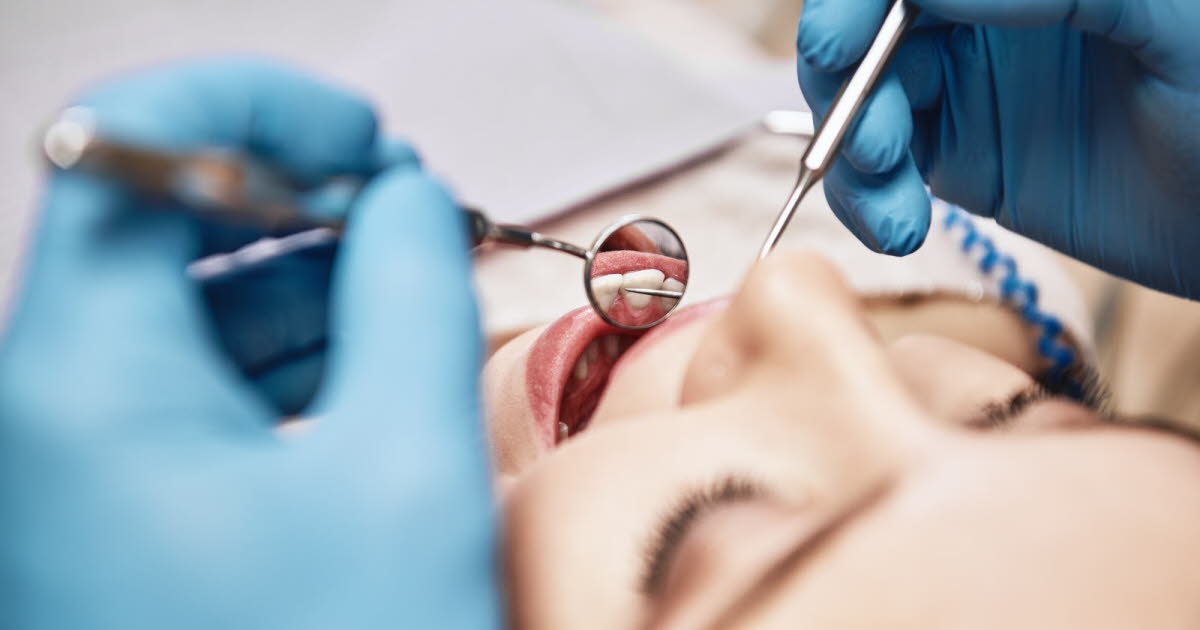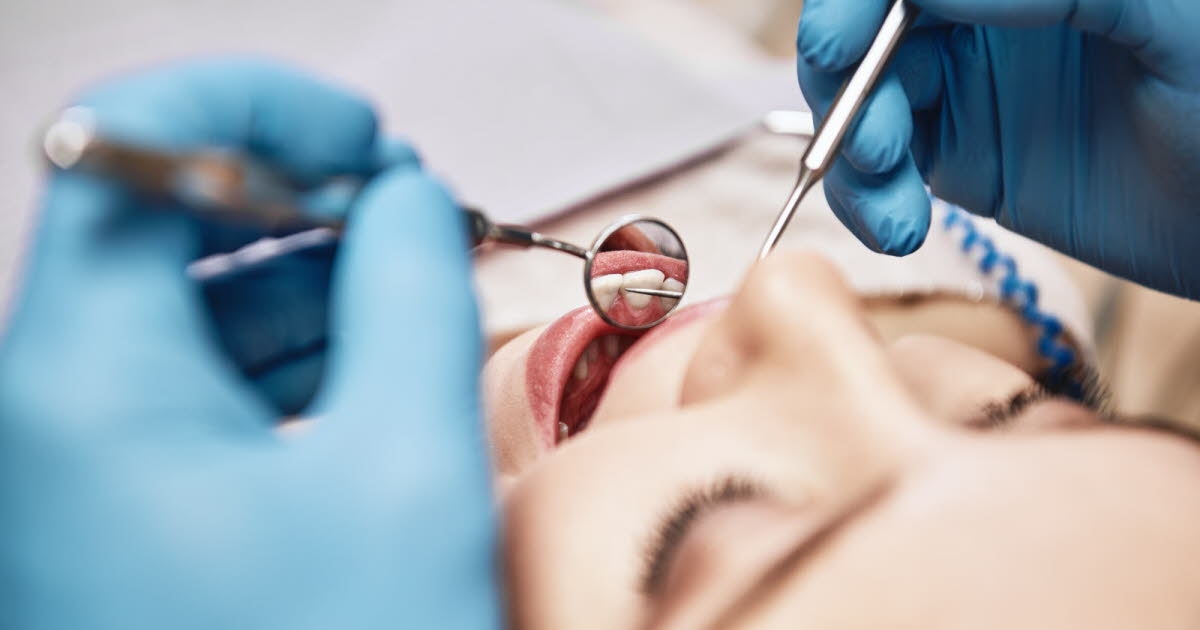Health. Does poor oral health increase the risk of stroke?

While poor oral health is associated with an increased risk of heart attack and sudden death, is it also linked to an increased risk of stroke? This is the question American researchers asked. They analyzed data from 5,986 adults with an average age of 63 and no history of stroke at the start of the study.
All participants underwent dental examinations to determine if they had gum disease (gingivitis, periodontitis), cavities, or both. They were then divided into three groups: healthy mouth, gum disease without cavities, and gum disease with cavities. Participants were followed for approximately 20 years.
Of the 1,640 people with healthy mouths, 4% had a stroke; of the 3,151 people suffering only from gum disease, 7% had a stroke; a figure that rose to 10% among the 1,195 people with gum disease and cavities. These figures were then adjusted for individual risk factors such as age, smoking, and body mass index.
According to results published on October 22 inNeurology Open Access , the official journal of the American Academy of Neurology, people with both gum disease and cavities had an 86% higher risk of stroke compared to those with healthy mouths. Those with gum disease alone had a 44% higher risk of stroke.
Good oral health to prevent the risk of stroke?More broadly, the study showed that people with both gum disease and cavities had a 36% higher risk of experiencing a major cardiovascular event such as a stroke or myocardial infarction compared to people with a healthy mouth.
As for people who regularly visited their dentist, they had an 81% lower risk of suffering from gum disease and cavities, and a 29% lower risk of suffering from gum disease alone.
"This study reinforces the idea that taking care of your teeth and gums isn't just about your smile; it could help protect your brain," said Souvik Sen, the study's author from the University of South Carolina at Columbia, in a statement. "People with signs of gum disease or cavities should seek treatment not only to preserve their teeth, but also potentially to reduce their risk of stroke."
One limitation of this study, however, is that while participants' oral health was assessed at the beginning of the study, it was not subsequently evaluated. It is also possible that other unmeasured health factors may have contributed to the results.
As a reminder, nearly 90% of strokes are preventable by adopting good preventative habits. Eight risk factors are particularly highlighted by specialists: high blood pressure, cholesterol, diabetes, obesity, tobacco and alcohol consumption, poor diet, and lack of physical activity. Should oral health now be added to these risk factors?
Le Progres





